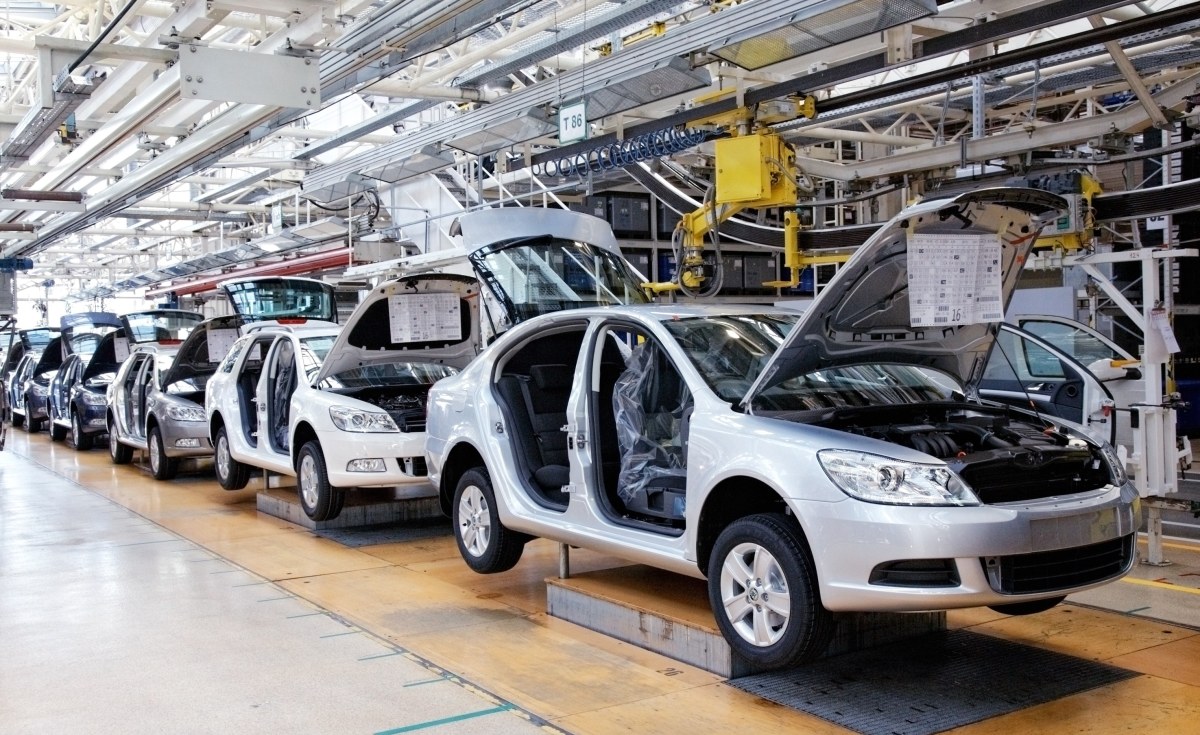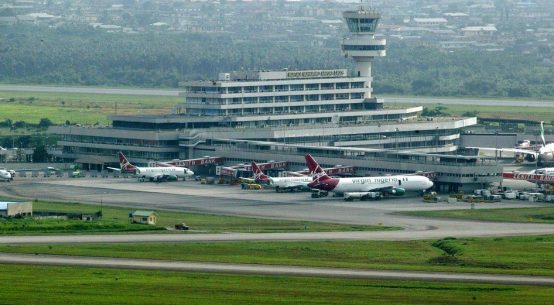
Car assembly line, catalyst for economic growth
Lagos (Thisday) – Nigeria has been advised to pay more attention to the Nigeria Auto Policy to stabilize the industry and enable it to drive the economy.
The Nigeria Automotive Industry Development Plan (NAIDP), which is now halfway into its 10-year period, is staggering because of what some stakeholders see as unnecessary hesitation by the government and lack of consensus among players in the industry due to alleged mutual suspicion.
Four years after the introduction, the NAIDP, which was conceived to make Nigeria a vehicle manufacturing nation, is yet to have the necessary impact, said Dr. Oscar Odiboh, a senior lecturer at Covenant University, Otta, Ogun state, when he addressed the maiden monthly forum of the Nigeria Auto Journalists Association (NAJA) in Lagos, recently.
Regardless, the National Automotive Design and Development Council (NADDC), an agency of the federal government responsible for the NAIDP implementation, claims that the policy is working because, among other things, there are now over 50 auto assembly plants in the country.
Odiboh disagrees with this success story in his presentation, ‘Implementation of Nigeria’s Auto Policy: The way Forward’, stating that most of the assembly plants set up in the country cannot compete globally because they lacked (the) necessary equipment. “What we have at the moment are not real assembly plants, they are glorified joineries. Sixty-five percent of our assembly operations are done manually, while 70 percent of employees are casual.”
He said he expected the growth of the industry was being hindered by the economic downturn, uncertainties, and government inaction, particularly in the importation of used vehicles.
He also alleged that industry players were divided along various lines, making it difficult for them to contribute meaningfully to the takeoff of the auto manufacturing sector, stating that the sector may collapse unless government and stakeholders resuscitate it.
He recommended that the nation’s auto companies concentrate on the manufacture of budget vehicles, particularly, cars for the mass market, as was the case in the past when new Beetle and Peugeot cars, as well as Toyota cars, were in the street.
Odiboh called on the federal government to provide a system of finance that would enable people buy new vehicles, noting that “the projected objectives may remain elusive unless there is market for new cars.”
The Chairman of NAJA, Mr. Frank Kintum said the policy needed to be reworked and that government should show the political will to move the industry forward, as it was capable of addressing key challenges in the country, particularly unemployment and industrial development. Kintum said the Monthly NAJA Forum was a platform to discuss issues affecting the nation’s automotive and road sector.








